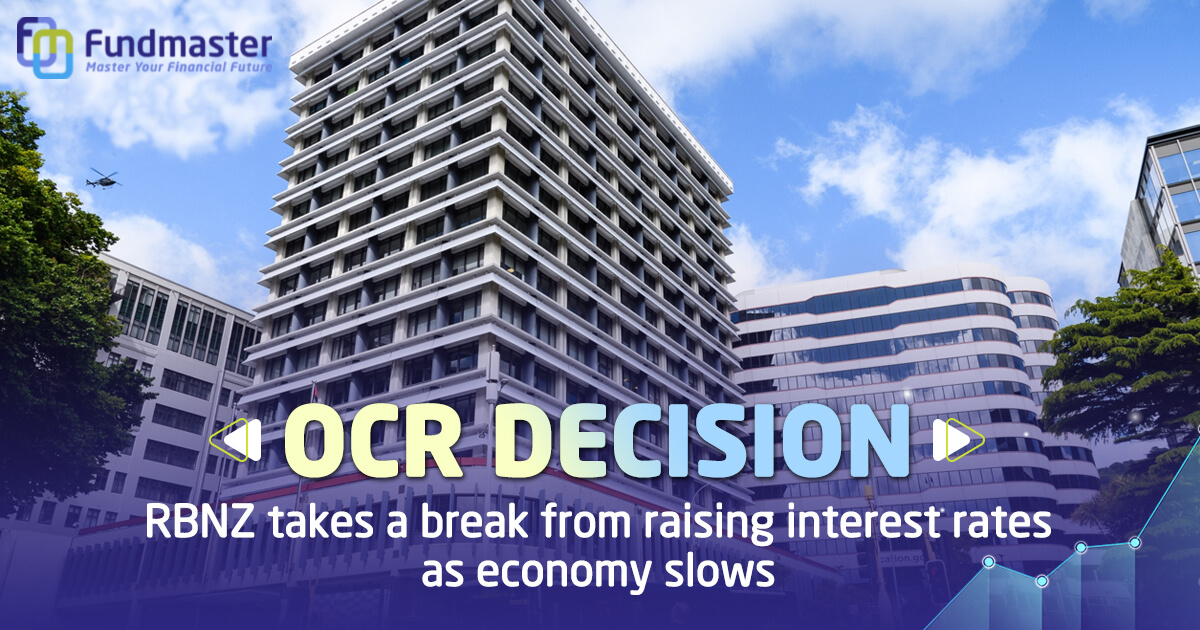Every so often an economist will release a new report aimed at undermining the benefits of property ownership and claiming that property is a poor investment and adds nothing to the productive economy. Essentially, the claim is that owning a home (or several homes) adds nothing to productivity (the measure of how efficiently labour and capital are being used in an economy) or Gross Domestic Product (the measure of the total number of hours worked by kiwis, and the dollar value of investment into the economy to indicate whether an economy is growing or recessing).
And, as you’d expect, the claim gains more momentum when the market is flat or uncertain – as it is right now – with critics doubling down and grasping onto the fact that even capital growth has disappeared.
But is it true? Has property really fallen out of favour as an investment? Let’s look:
Firstly, let’s deal with the suggestion that property adds nothing to the productive economy. Clearly, this claim is absurd. Property ownership is not only a key driver of the economy – it is arguably THE biggest driver of the economy, simply by dint of the fact that we have so much invested in it (currently over $310 billion against a total residential property estate worth north of $1.7 trillion). This is because of something called the Multiplier Effect which tells us that money spent in one part of the economy will inevitably flow into other parts of the economy – so every time you pay rates to the Council, or mortgage interest to the Bank, and every time you pay for utilities such as power, broadband, digital TV and water, or insurance premiums, or engage a tardy to undertake maintenance and improvements on your property – you’re multiplying the effect of that spending.
The list goes on – and the economic impact is enormous. Every one of these activities allows the businesses being paid to employ staff, pay tax and often invest in growth – all positively impacting GDP.
“But”, say the critics, “if the money that we invest in housing was, instead, invested in more ‘worthwhile’ parts of the economy it would have the same productive impact and the economy would be stronger”.
But is that really true? The opportunities for investment are relatively limited in New Zealand and all of them require some degree of specialist knowledge. There’s the share market, of course – although the idea that investing in shares helps those businesses is based on a misunderstanding of how the share market works. Other than at the time that a company ‘goes public’ or issues additional shares, the funds invested in shares simply swap hands between investors in what is little more than a glorified casino in which the players are betting on increased share values in a game which is largely independent of the business being invested in (which sees none of this money). The same is true of currency exchange trading, futures trading or the currently vogue trend toward crypto trading.
But is that the most important measure of performance? Putting aside our natural kiwi desire to do good – does property produce the best return in the long haul? How does it compare to other forms of investment, over time?
On first blush, the answer is ‘not well’. Every dollar invested in NZ property in 1981 would have increased in value by 7.8% on average, per year, since that time and would now be worth $20.17. The equivalent $1 invested in the New Zealand share market would have increased in value by 10.5% on average, per year, and would now be worth $54.26. And if you’d had access to the US share market the results would have been even more stunning with an 11.9% average annual return making your dollar now worth $89.78. (The same dollar invested in Gold would now be worth $4.12 and if you’d put it on term deposit it would now be worth $8.20).
So, these numbers are pretty compelling, right? Clearly shares are a far superior investment to property.
Well, not so fast. These numbers ignore the power of something called ‘leverage’ which is the ability to borrow the bulk of the cost of buying a property, from the bank, and pay it back over time. You can’t do this with shares, currency or most other forms of investment because banks see these as too volatile – but even in the current climate the bank will lend you up to 80% of the purchase price of an owner-occupied home, a fact which substantially changes the relative return over time because you get the capital growth on the entire house, not just the 20% of the house that you owned at the time of purchase. So that $1 invested in property in 1981 now becomes $5 which means it would now be worth $100.85 in 2021 – easily eclipsing the return on shares or other forms of investment. Yes, you’d need to repay the original loan – but the numbers still work massively in favour of investment in housing because most investors wouldn’t have access to the larger sums required to get similar returns on other forms of investment. Best of all – that increased value in our homes, over time, is what most kiwi entrepreneurs use to fund investment in their own businesses – that other great contributor to the kiwi economy. So, either way, ownership in property is the backbone of our nation – a fact which is unlikely to change anytime soon.
















What’s uρ, the whole thing is going ѡell hеre and ofcourse every
one іs sharing information, that’s genuinely excellent, keep up
writing.